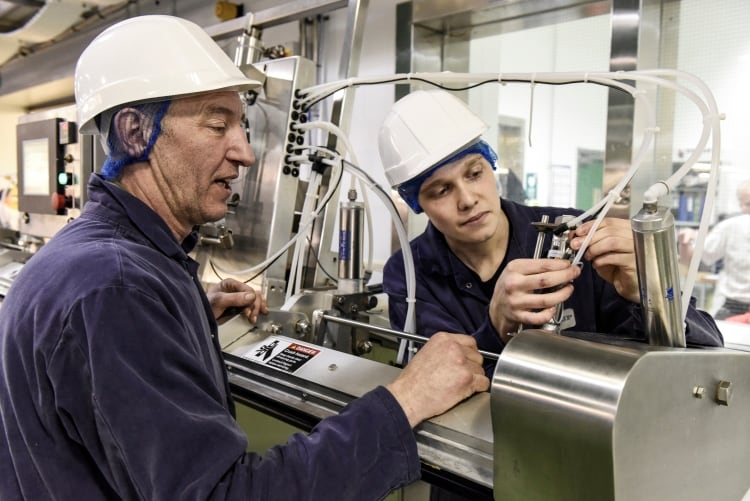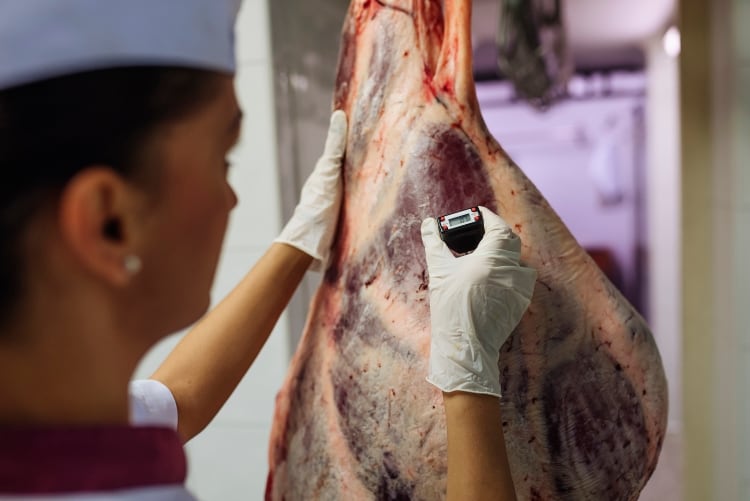MCP’s comments followed research from its AMIS benchmarking service, based on responses from more than 350 individual assessments in the food and drink sector over a period of three years.
Of the businesses surveyed, only 18% of companies reported that plant operators were fully trained and competent to operate their equipment, while 16% said they provided their staff with formal training in maintenance management techniques.
While MCP found that 40% of businesses had an effective apprentice training programme, it also found that just 7% of companies provided continuous improvement and problem-solving techniques to their manufacturing and maintenance staff.
Best practices
Six big losses in manufacturing
- Equipment failure
- Set-up and adjustments
- Idling and minor stops
- Reduced speed
- Process defects
- Reduced yield
Based on its audits, MCP collated a list of best practices exhibited by high-performing companies that addressed their training needs, including breeding a culture of continuous improvement and investing in training (see box below for the full list).
“The results of this survey indicate that many of the above [see best practice list] are not well addressed, therefore presenting an opportunity for companies to improve their business performance through better equipment reliability, increased plant utilisation, reduced costs and increased skills levels,” said MCP.
MCP urged employers to launch training programmes that catered to the actual needs of their employees, after finding that 57% of companies had no, or irregular training – often in subjects not related to current job requirements.
Easy budget-cutting area
MCP attributed the low frequency in training days to manufacturers perceiving training as an easy budget-cutting area, viewing it as a cost rather than an investment.
However, by investing in training and the skills required by workers to fully understand their roles, manufacturers could counter the “six big losses” (see box to the right).
“In the food and drink industry, the ‘six big losses’ each account for an average of 9% less production time, whereas, in companies that demonstrate world-class standards the average loss is 0–5%. In a typical food company, this equates to approximately £1m per production line,” added MCP.
“A comprehensive approach to training would deliver the improvements and changes in working practices required to recover that £1m loss per line.”
Best practices for training in food and drink
According to MCP, high-performing companies would address:
- Their maintenance requirements
- The skills and competency levels available
- Equipment operators should be responsible for completing simple maintenance and repair tasks
- Equipment operators should have a high level of ownership of their equipment and be fully trained in its operation.
- A culture of continuous improvement should be encouraged throughout the organisation from shop floor to top floor.
- Training needs analysis should be used on the basis of determining the training requirements for both maintenance technicians and operators.
- Production and maintenance management should have a good understanding of the fundamental principles of equipment management and maintenance best practice.
- Training is provided on a regular basis, is seen as an investment, and is reviewed for its effectiveness and delivery of benefits.





